Fast fashion giants will have to devise new strategies to remain competitive in the U.S. market amid changes by Donald Trump's administration that include a review of the de minimis exemption and tariffs on Chinese imports, says an expert.
"If the de minimis exemption is ended permanently, both Temu and Shein would be well advised to change their business model," Z. John Zhang, Tsai-Wan Tsai Professor of Marketing at the Wharton School, University of Pennsylvania, told China Daily.
"The new models could be higher costs and slower response to fashion changes, but they will give the companies a better chance to keep their customers and their momentum."
Shein and Temu, two popular Chinese-owned e-commerce platforms that account for 17 percent of the e-discount market in the U.S., have utilized the de minimis exemption, which allows retail packages of $800 or less to be sent to the U.S. from abroad without incurring import taxes or customs inspections.
At least 1.36 billion shipments that came into the U.S. in fiscal year 2024 utilized the provision, U.S. Customs and Border Protection found.
However, if the exemption is ended, the companies' merchandise could face higher tariffs and customs fees.
In an effort to stay ahead of any future hurdles, both Shein and Temu appear to be shifting some of their operations and suppliers outside of China to the U.S. and other Asian countries.
Shein, based in Singapore, has reportedly urged some of its suppliers to set up production in Vietnam, offering incentives and higher procurement prices of as much as 30 percent, The Wall Street Journal and Bloomberg reported, although the company denied this move.
At least one-third of U.S. orders of Temu, based in Boston, are now fulfilled by local sellers allowing them to completely avoid use of the de minimis exemption.
Goldman Sachs analysts predict this program will gain traction in the future.
Some U.S. customers already report receiving faster shipping this year if the goods are sent locally.
"Both companies will face the tough challenge to show whether they are truly more efficient and know the U.S. market better than anyone else," Zhang said.
Trump has made several moves on trade since getting back into office for his second term. He initially signed an executive order to end the de minimis exemption but issued an amendment later which paused the suspension of the provision.
Trump then instructed the U.S. Commerce Department to review the rule. After it is confirmed that "adequate systems are in place" for the U.S. to process inspections and levies on the shipments, the rule may be scrapped altogether.








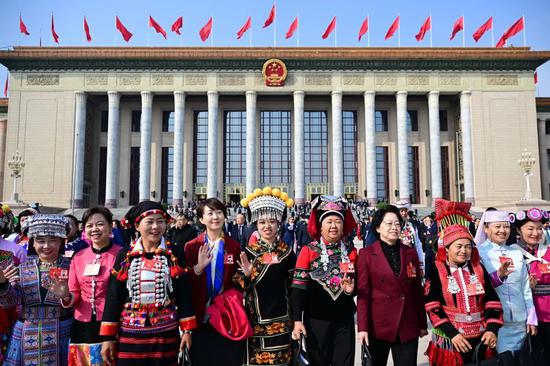
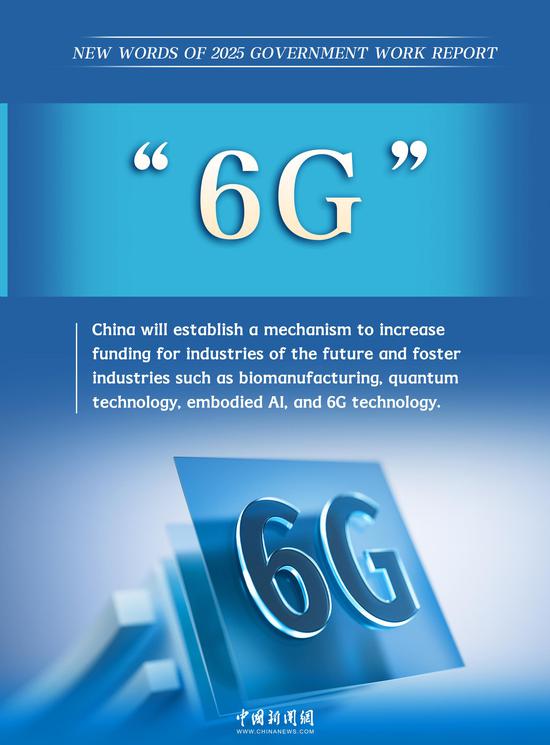

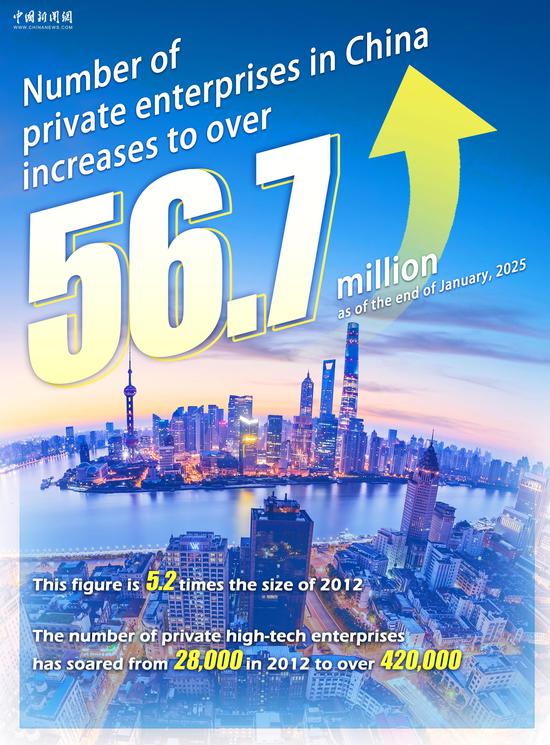



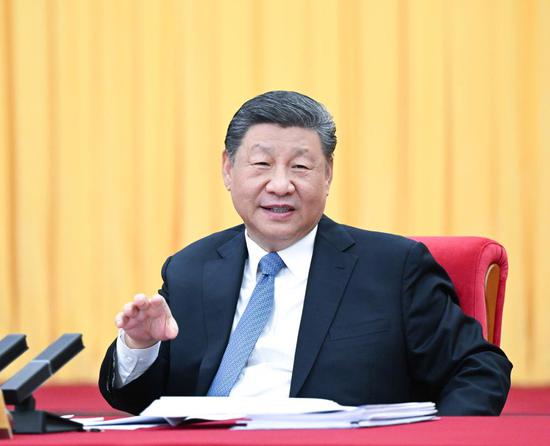
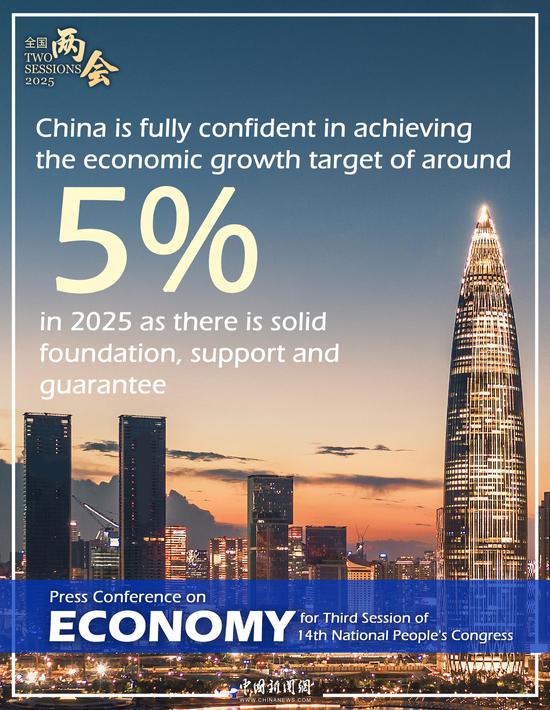




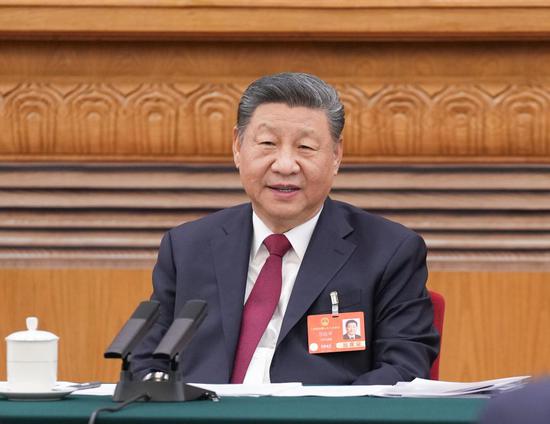







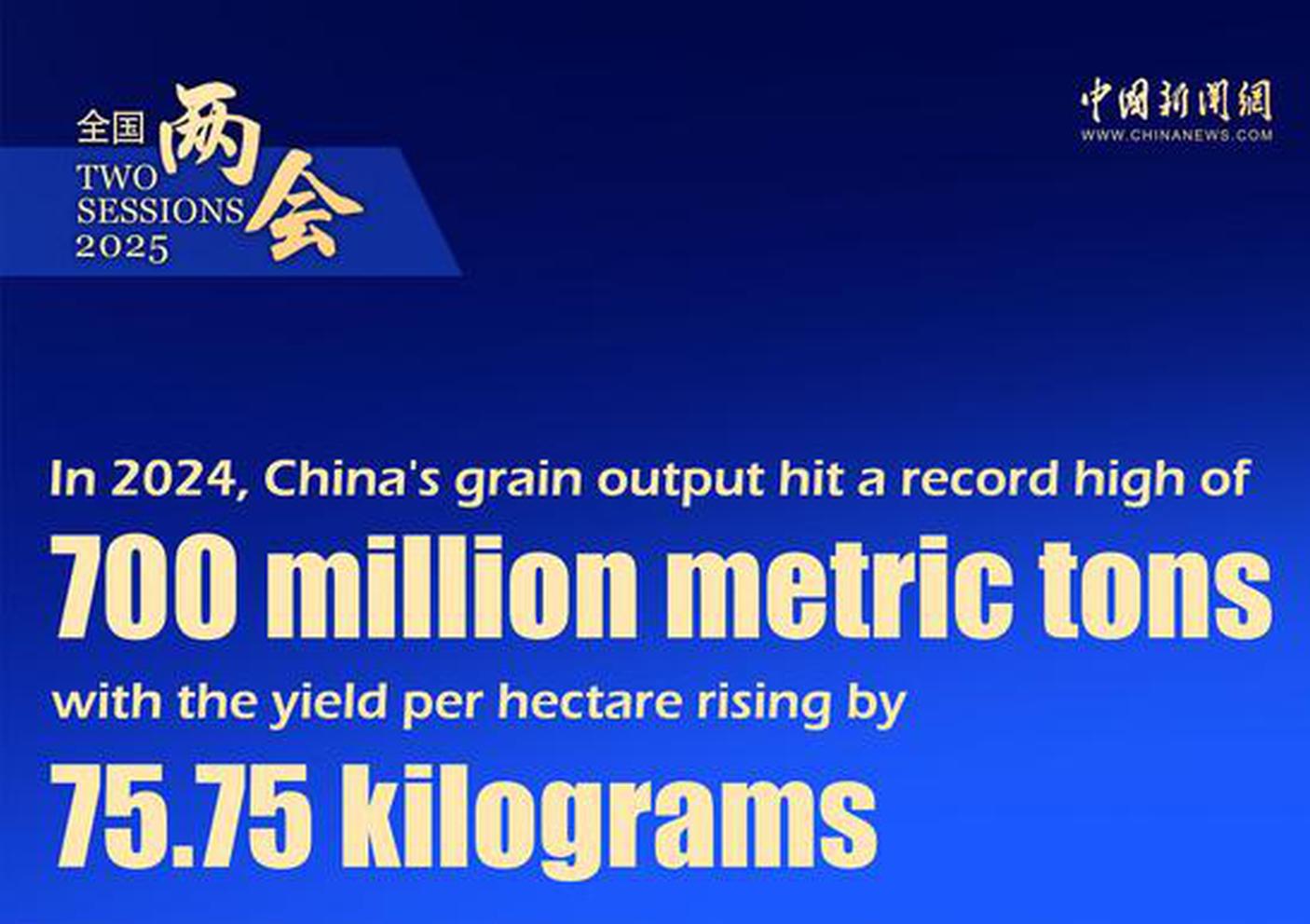
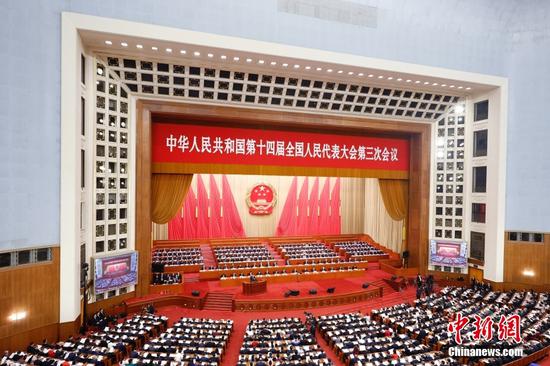
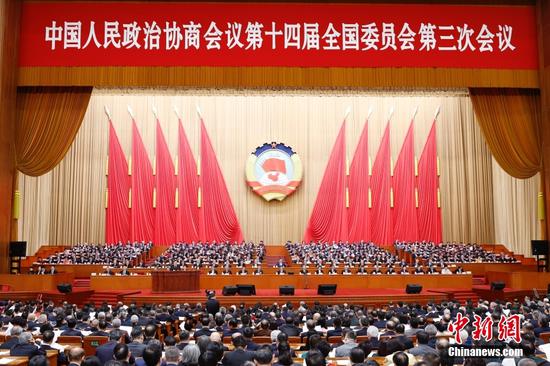

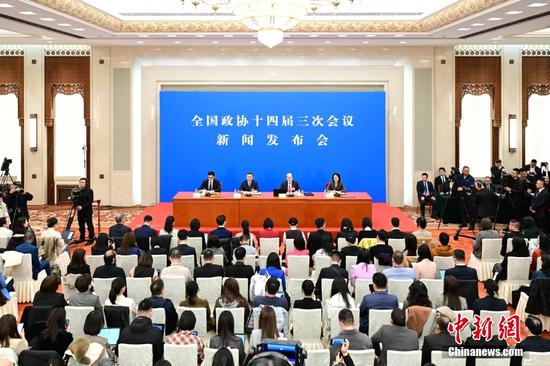

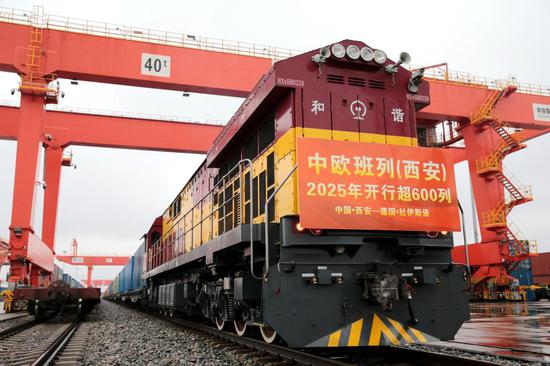

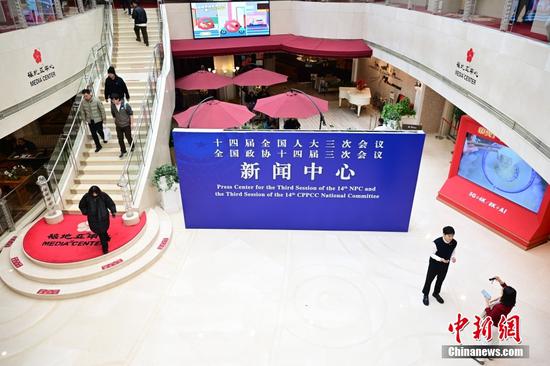








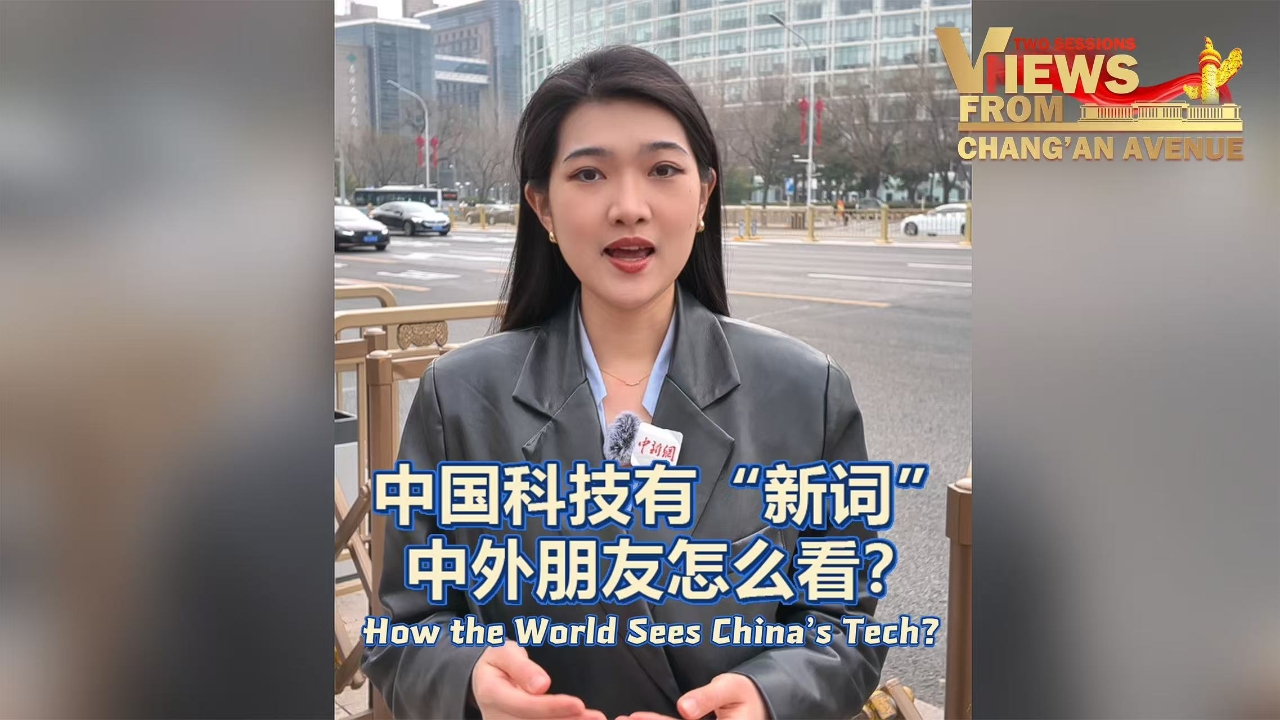

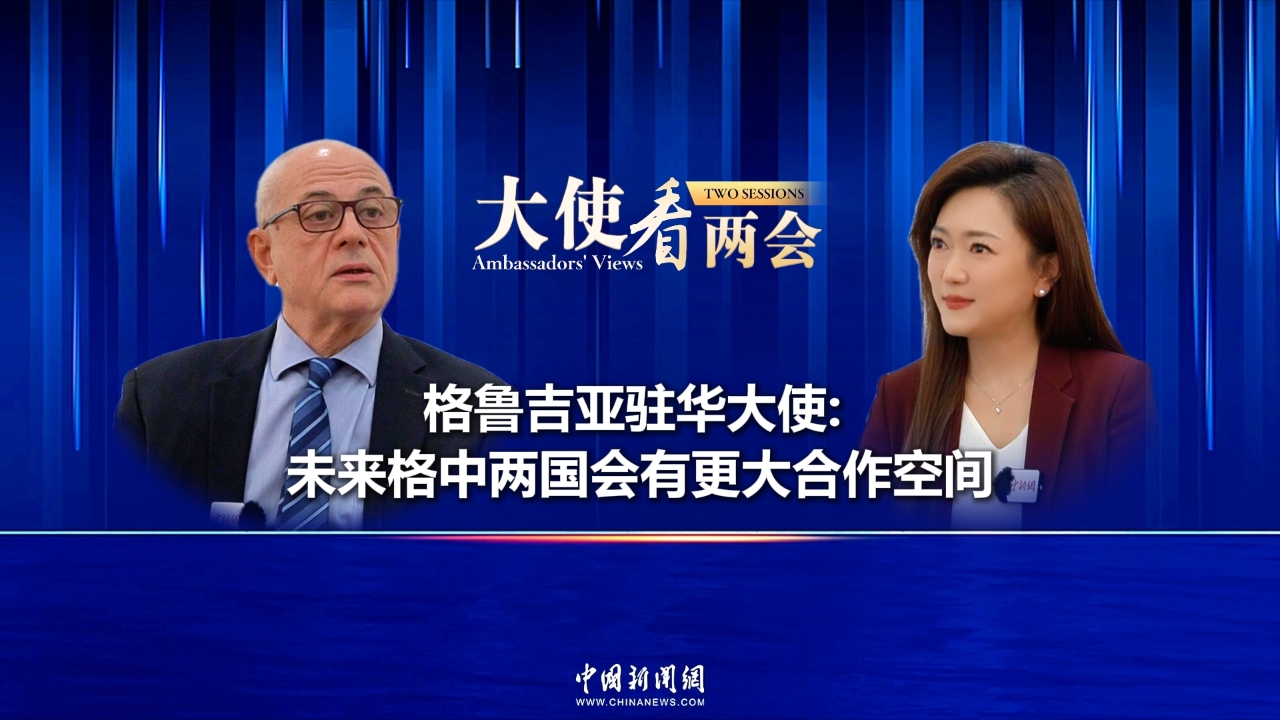

 京公網安備 11010202009201號
京公網安備 11010202009201號